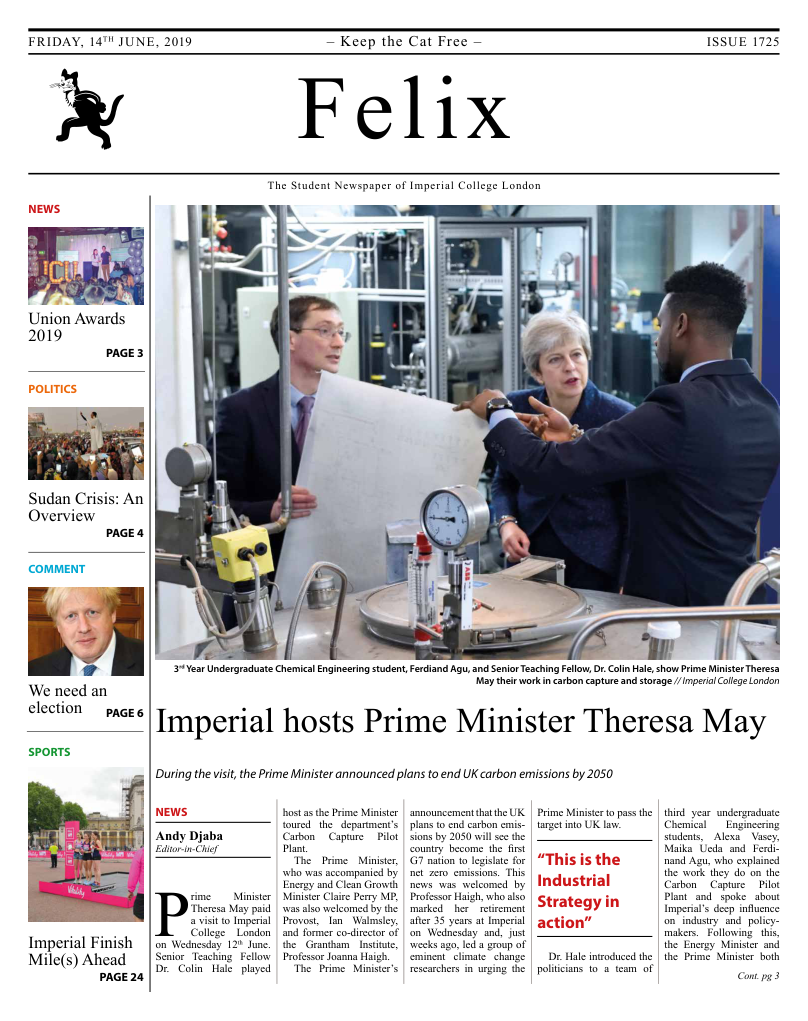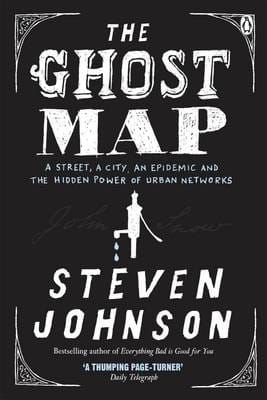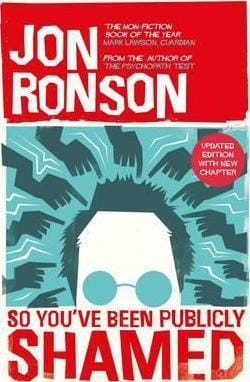A Review of Petals of Blood
A deeply empathetic story set in post-colonial Kenya

In a sentence, Petals of Blood is a story of change through the eyes of those oppressed. The author, Ngũgĩ wa Thiong’o, uses the murder, by arson, of three prominent figures in an emerging town to frame the narrative of the transformation of a backward (or unblemished?) village into a prospering (or soulless) town. Its cast of protagonists: Munira, the teacher and flawed hero, Karega, one of his former students, Abdulla, a crippled business man and Wanja, a strong-willed but mercurial prostitute, are symbols for the means by which the people are oppressed. It is a deeply empathetic and deeply intelligent novel, alluding to Shakespeare and the Bible with equal ease as to former leaders of the Kenyan resistance and early British colonists. For instance, together with the oppressors, the characters map unexpectedly to those in a passage from Walt Whitman quoted by Ngũgĩ, “frightened monarchs come back; Each comes in state, with his train - hangman, priest, tax-gatherer, Soldier, lawyer, lord, jailer, sycophant”. Although they are clearly symbols of something greater, Ngũgĩ does create multi-dimensional and rich figures whose stories, although interconnected with masterful serendipity, are slowly revealed as we journey through the book. The one character whose story I feel could be told better is Karega, whose tale is told largely in intermittent bursts of drunken monologue.
I found it a challenging read because it is a book not written, as the majority to be found in the English language, for consumption by white Europeans and Americans. Indeed, it is probably these who Ngũgĩ refers to as the white tourists or “watalii” who unsuspectingly buy fruits and sheepskins from characters such as the destitute Karega on the roadside. There is so much rich culture and history that I feel is inaccessible to me as a white European lacking the oral heritage of Africa and, although painful, I found it a welcome discovery. The book is a message of lament for the suffering endured by a nation, of caution about the promises of “development”, and of hope to Kenya of the 1970s. It is a message addressed by Ngũgĩ, perhaps to his fellow countrymen, or maybe to himself. Either way, it was clearly a message heard since, like Karega in Petals of Blood, he was imprisoned shortly after for his publication of a play, Ngaahika Ndeenda (“I will marry when I want”).
One lesson that stood out to me from Petals of Blood is how capitalism has the potential to destroy culture. That is to say, the actual stories of the people affected. What might be counted as progress by international development organisations leads, in the story, to the destruction of culture and local self-sufficiency. When the villagers create an enterprise out of Thenget’a, a drink brewed occasionally as part of local tradition, a monstrous narcotic monopoly is created which overturns the lives of many, including Munira, and is quickly taken over by powerful Kenyan elite and international corporations. Furthermore, this was facilitated by the construction of a major road through the village which supplied thirsty road workers and truck drivers - the first unwitting customers. Though the village becomes famous, the herdsmen are no longer dependent on fickle rains and the owners of the new businesses have access to businesses and trade, the ones who created the transformation of the village into a town become destitute while powerful politicians and businessmen profit.
Though I cannot speak for the relevance of the book to modern-day Kenyans or if the story reflects historical development of any village, I can say that the book is a precious unfiltered glimpse into a rich and largely unwritten culture of the country. It gives an understanding of the country that will be missed by those who only read books of African history produced by white academics, those who follow tourist books, or go on package safari holidays. I am very grateful for having found this precious gem of a book in the Imperial College library, especially in a University that sadly shares its name with the force that caused so much of this suffering.
- 4 stars









